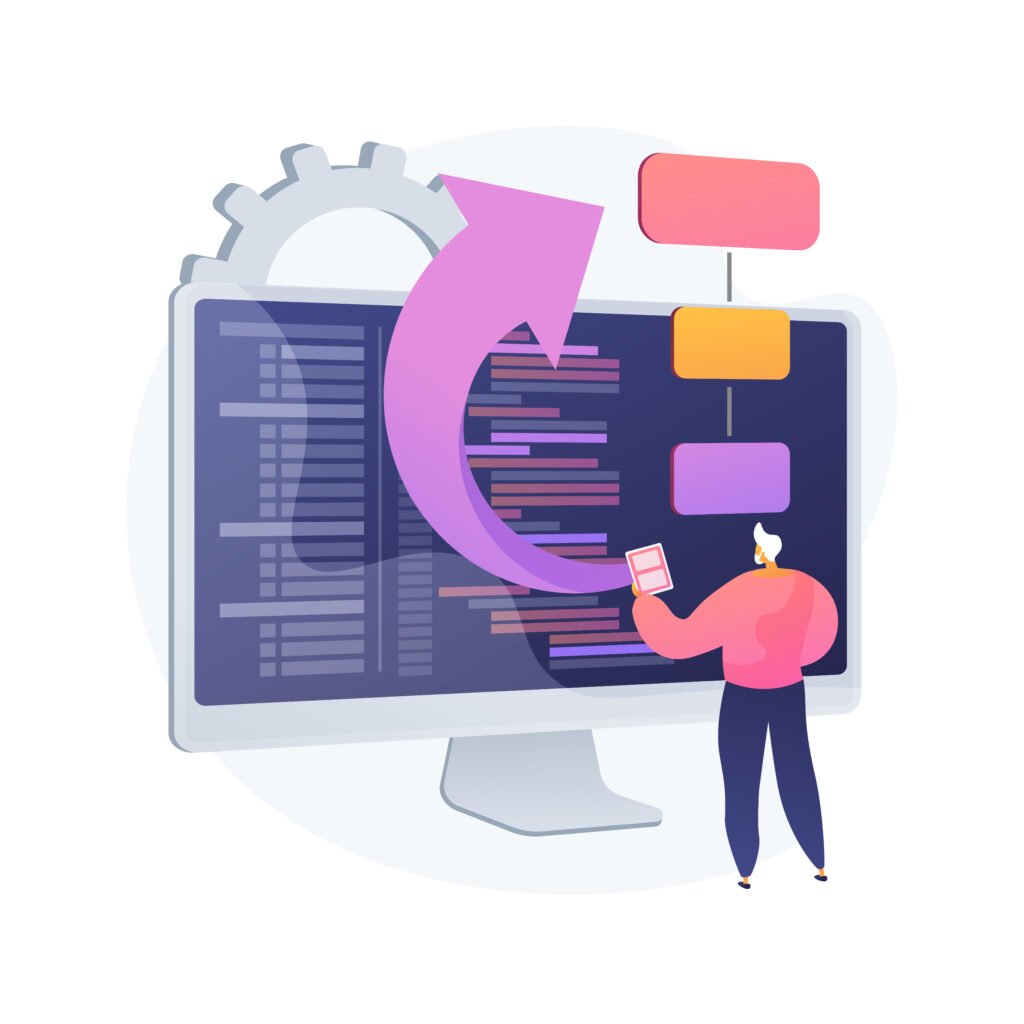
The integration of Artificial Intelligence (AI) in education has revolutionized how universities engage with students, particularly in the UK. Institutions such as University College London (UCL), University of Birmingham, and University of Glasgow are pioneering the use of personalized AI systems to improve academic performance, foster inclusivity, and align with industry demands. This approach is not only redefining traditional learning methods but also preparing students for a competitive global job market.
Customizing Educational Pathways
UCL leverages AI-driven platforms to design individual learning pathways for students. These systems assess historical academic data, learning preferences, and real-time performance to provide tailored suggestions. For example, a student struggling with data analytics might be guided to supplemental AI-curated video tutorials and practice problems.
Addressing UK Market Demands
AI tools in University of Birmingham focus on bridging gaps between academia and industry. By analyzing regional job trends in areas like green energy, healthcare innovation, and digital transformation, the university aligns its curriculum to market demands. For instance, students in engineering programs may receive personalized recommendations for modules or projects that emphasize sustainable technologies, a growing sector in the UK.
Enhancing Career Guidance
AI-powered career development systems at University of Glasgow go beyond academics. By integrating student academic profiles with job market analytics, these tools recommend internships, workshops, and mentorship opportunities that align with each student’s career aspirations. In-demand fields like cybersecurity and FinTech are now central to personalized employability roadmaps.
Creating Inclusive Learning Environments
AI is instrumental in ensuring equity across UK universities. At institutions like The Open University, tools like natural language processing and real-time translation enable students from non-English-speaking backgrounds to participate actively. Similarly, adaptive interfaces provide alternative formats such as audio transcriptions and visually enhanced materials for students with disabilities.
Real-Time Feedback for Academic Growth
Personalized AI solutions are enhancing the feedback loop in UK classrooms. Platforms provide instant assessments on assignments and highlight key areas for improvement. For example, students studying creative writing at University of Warwick benefit from AI suggestions that refine their grammar, style, and originality, fostering immediate skill development.
Preparing for Industry 4.0
UK universities are aligning AI tools with Industry 4.0 requirements. The University of Manchester, for example, collaborates with local businesses to design coursework incorporating technologies such as machine learning and blockchain. Personalized AI recommendations ensure that students acquire certifications and technical expertise in emerging fields.
Conclusion AI-driven personalized learning in UK universities is shaping the future of higher education. By fostering tailored academic journeys, bridging market gaps, and promoting inclusivity, these institutions are setting benchmarks globally. The focus on personalization is not just an enhancement of the learning experience but a critical step toward creating a skilled, adaptable workforce that meets modern economic challenges.
#AIinEducationUK #PersonalizedLearning #UKUniversities #StudentSuccess #FutureOfEducation #InclusiveLearning #HigherEducationRevolution #SkillsForUKJobs #kaurexltd
